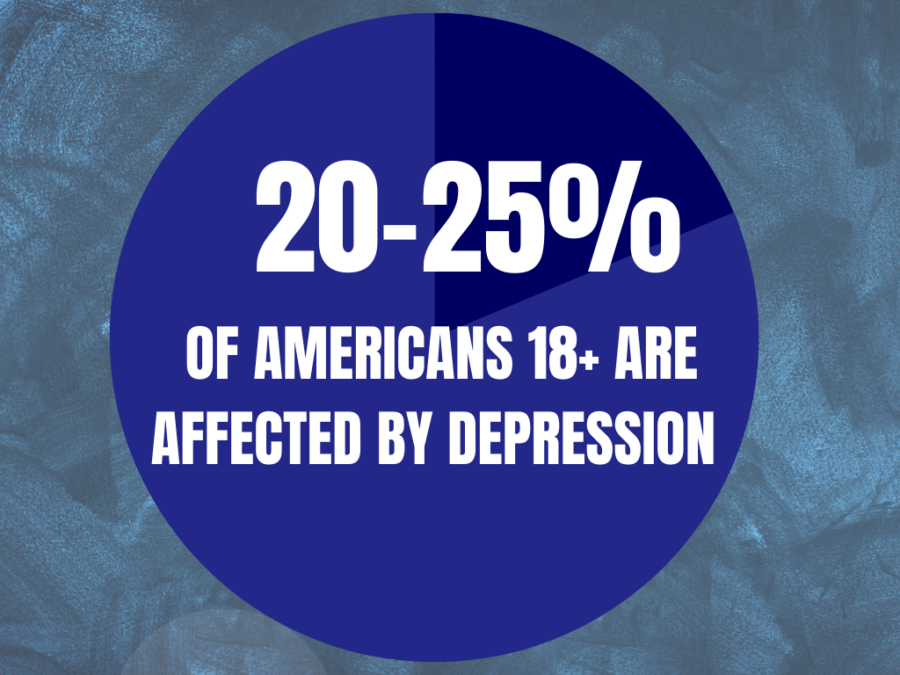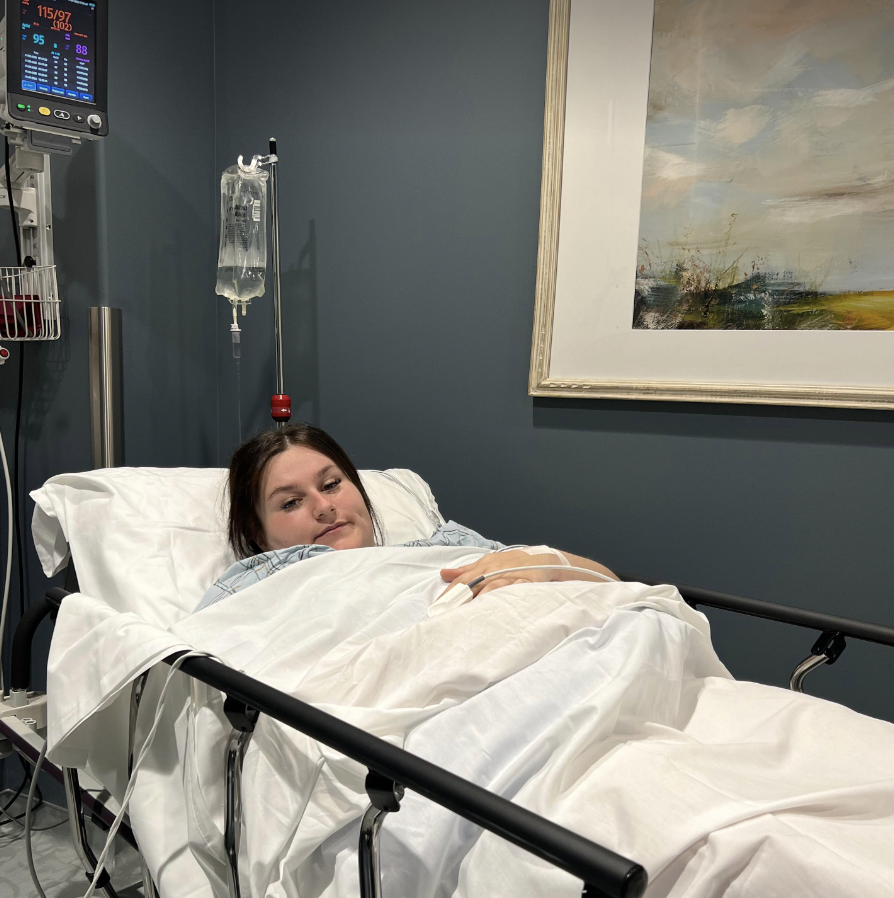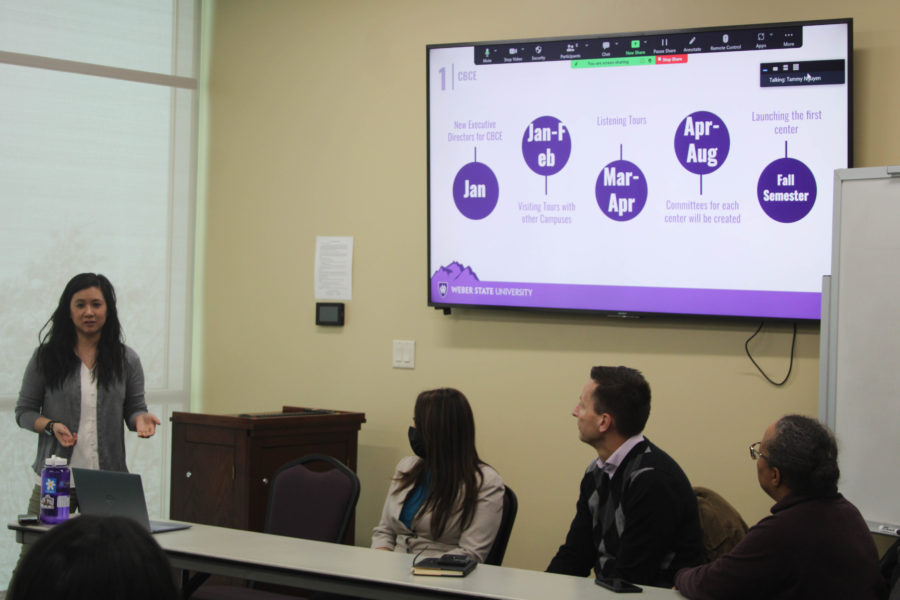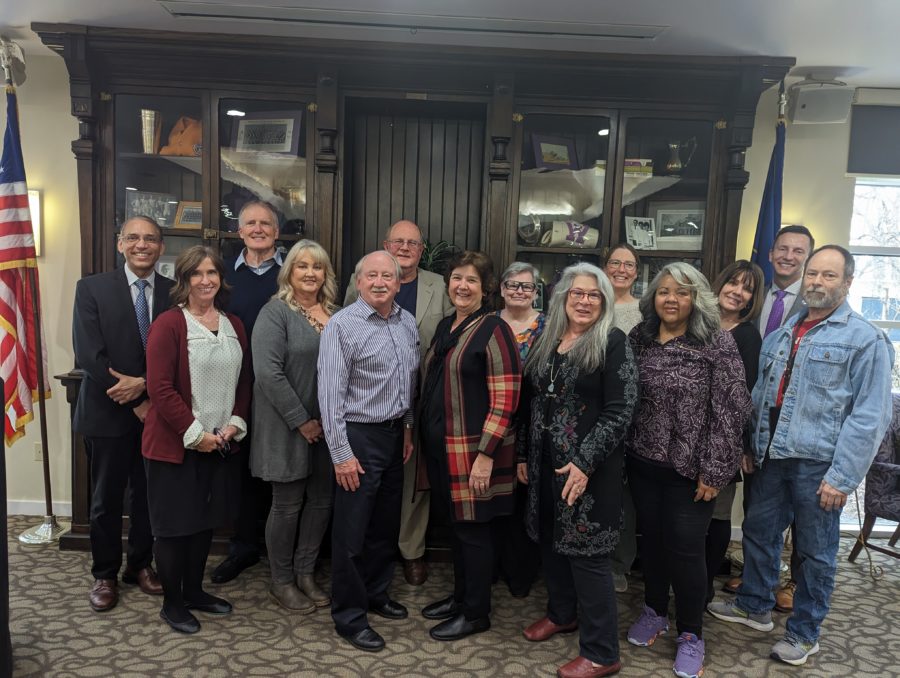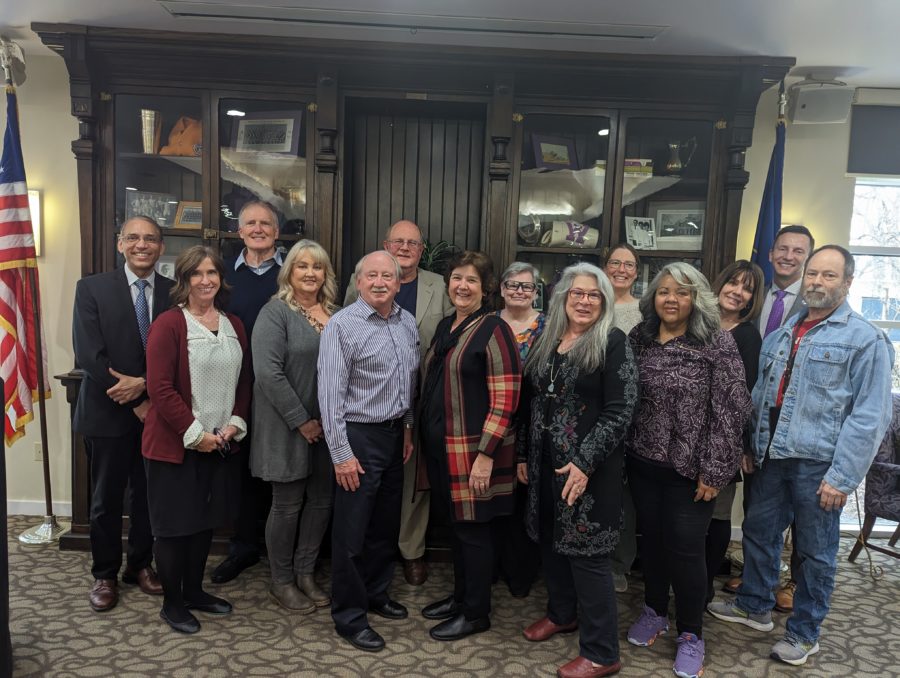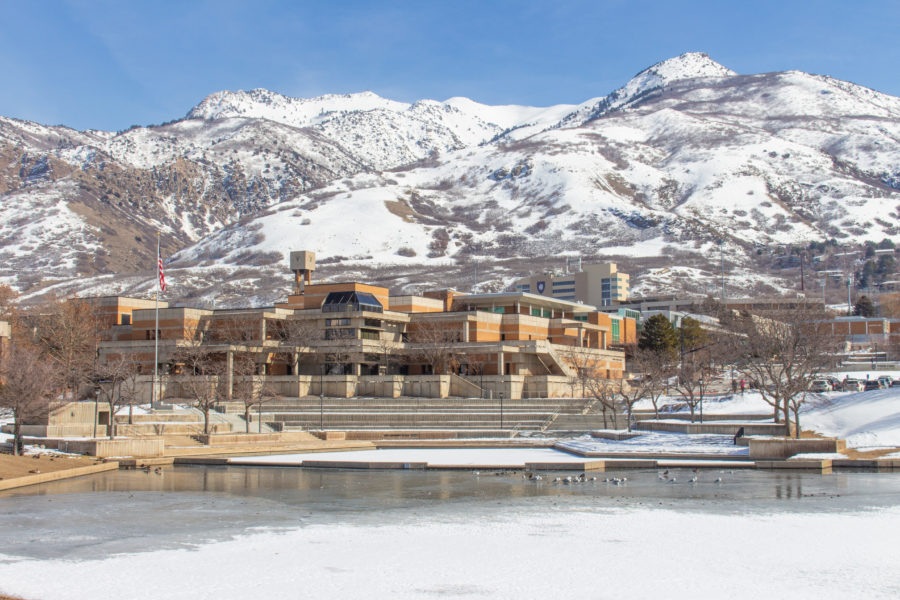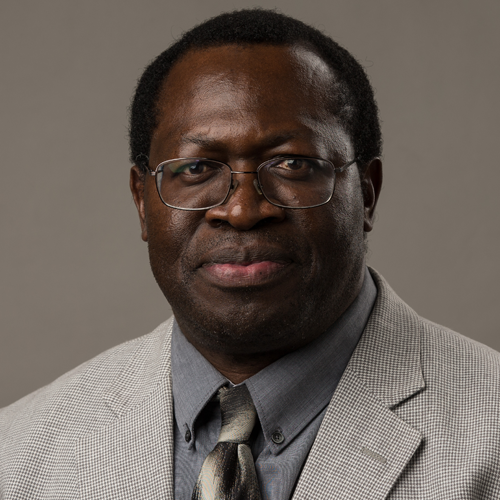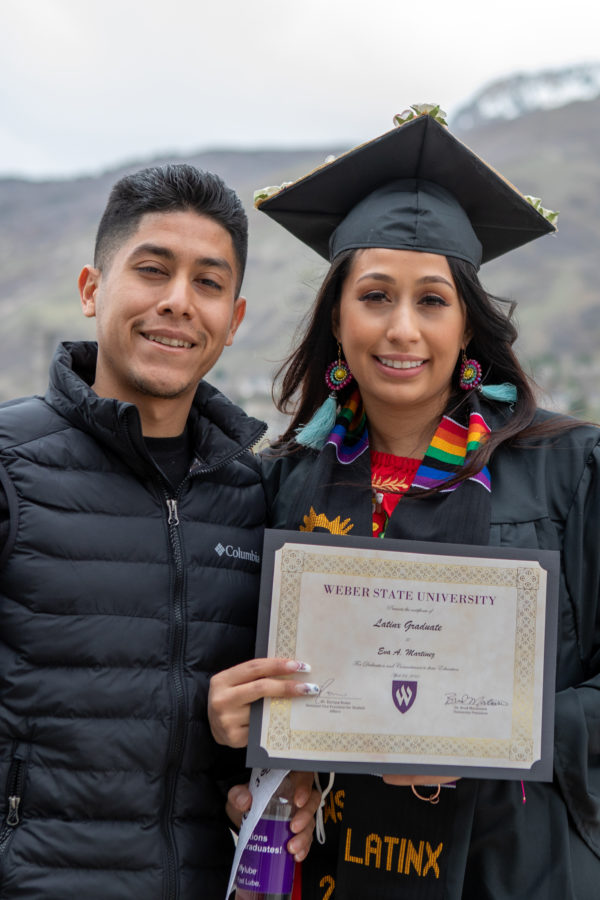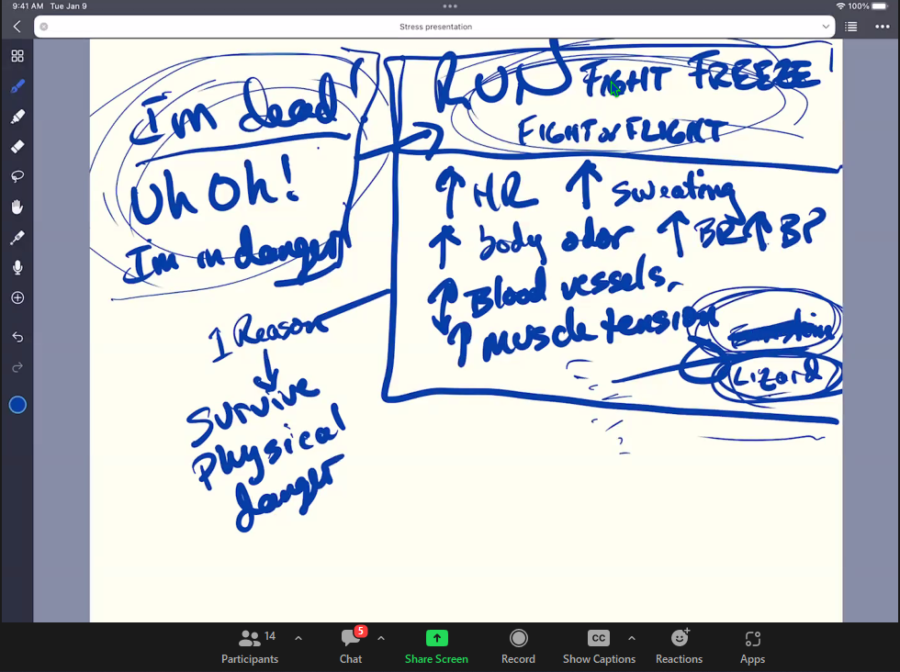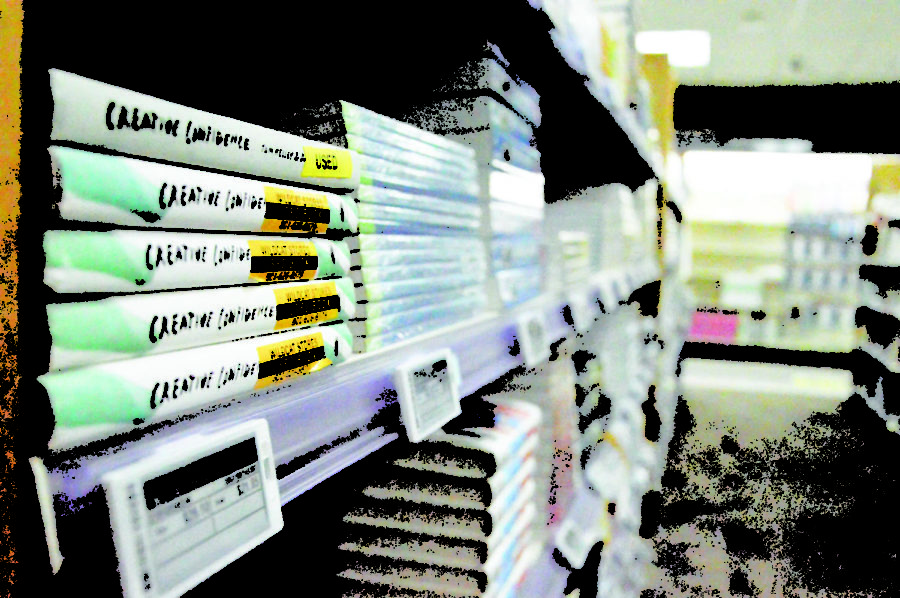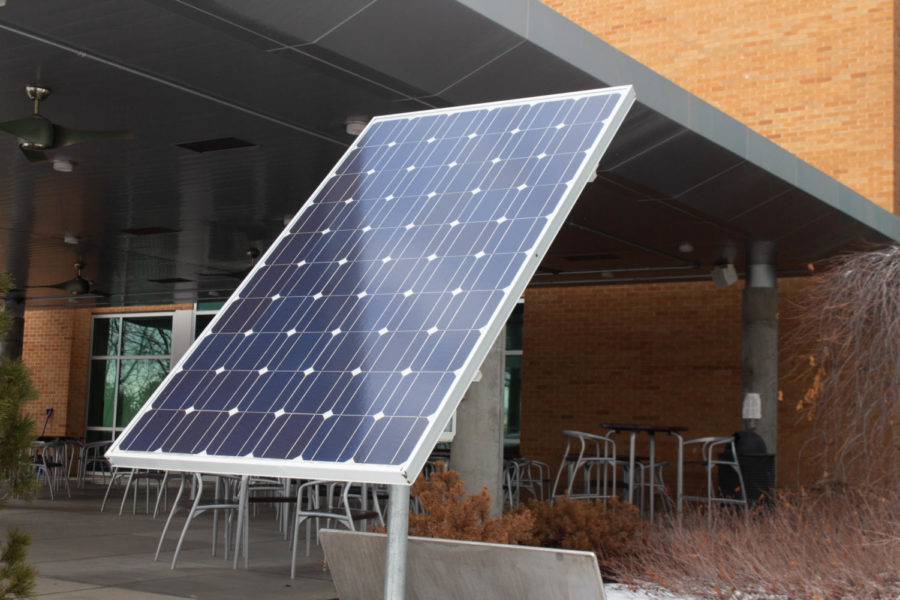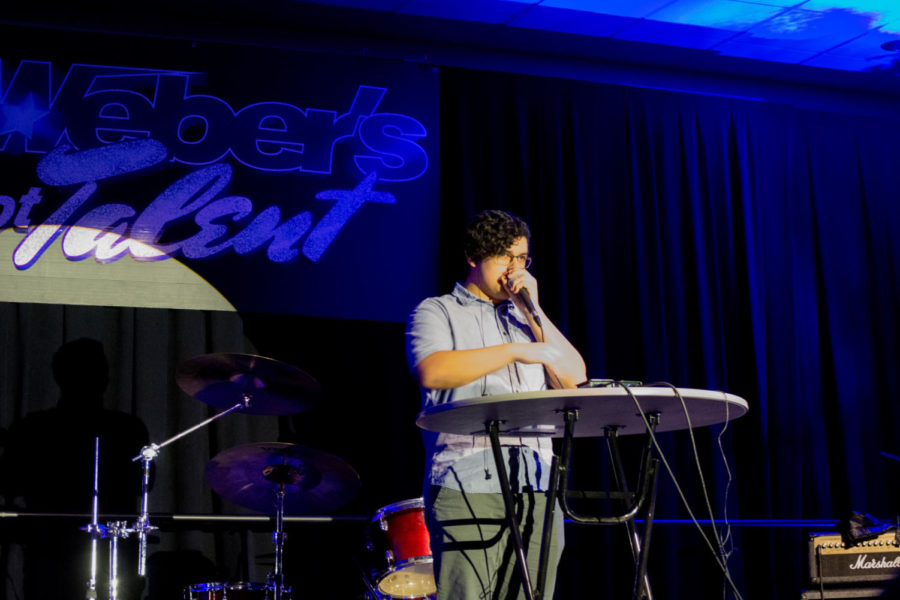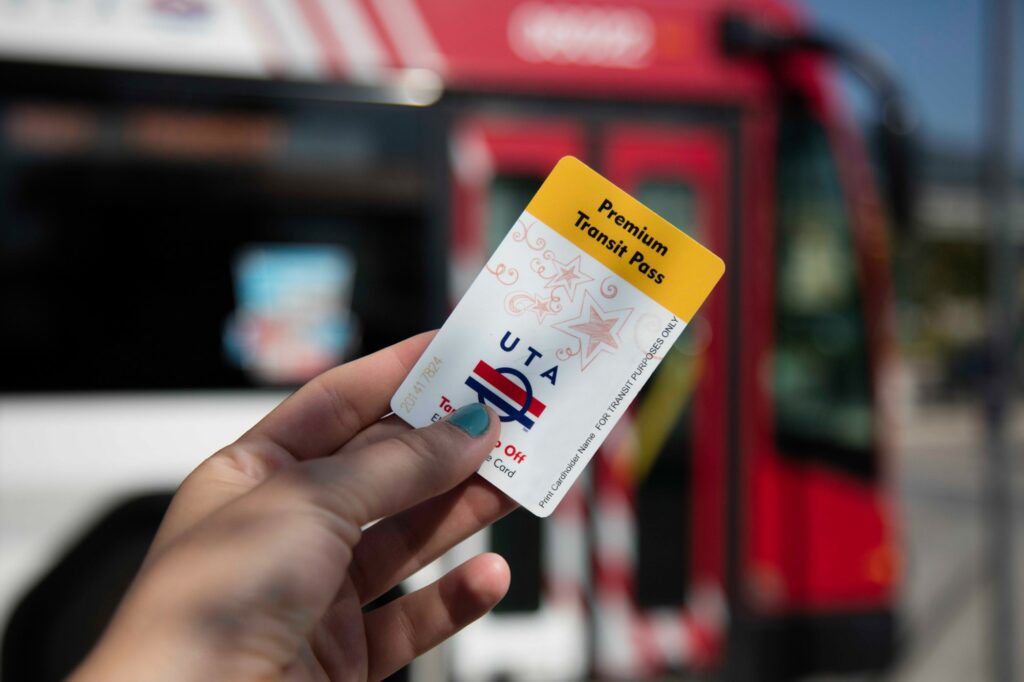
When Weber State commuter student James Moore thinks of a true college experience, he thinks of students getting involved with activities, clubs, dances or work on campus. To him, it’s taking the extra step to get to know people.
But for Moore, he hasn’t been able to find the chance to go to an activity on campus due to his schedule, and he isn’t the only commuter student who feels this way.
According to institutional research done by WSU for the 2016 academic year, 58 percent of students attend only part-time. Research also shows that 33 percent of students who live off-campus are employed in a full-time position while attending Weber State.
With these statistics, some Weber State commuter students have conflict when it comes to having a social life and getting involved outside of the classroom.
Weber State alum Kelsey Richardson was a commuter student from Davis county who attended Weber to get her Associate’s degree. During her time at Weber State, she thought the education provided at Weber was great, but not so much when it came to a social life and student involvement.
Richardson said, “Any involvement with classmates was pretty much limited to casually chatting when walking in the same direction.”
Richardson also thought the fact that everyone is a different phase of life, instead of being the “traditional student,” at Weber would make it hard to have successful activities on campus.
Richardson is right when it comes to Weber State having students who are all in different phases of life, due to the fact that Weber has a 100 percent acceptance rate and within that rate lies non-traditional commuter students.
Non-traditional students, by the university’s definition, are students who are 25 and older, married, widowed, divorced or veterans. They are one type of the demographic who makes up a commuter student since they attend school part-time due to their personal lives and work obligations.
According to Non-Traditional Student Center Director Debbie Cragun, engagement is all based on the perspective of the student. Engagement for non-traditional students can range from meeting with a faculty member, working in a group project or being in an honors program.
“For students to find meaning in their engagement, it has to have purpose,” Cragun said.
Non-traditional student Megan Rosselor said she’s engaged in learning as much as she can, but she doesn’t get involved in activities.
Eric Amsel, who is the Associate Provost for the Academic Programs and Assessments, believes there is another definition in the issue of commuter student engagement.
“Directing students to get immersed is one thing, but making students comfortable to get immersed is a second,” Amsel said.
Amsel discussed how there are a handful of students who resist all kinds of opportunities at the university, not just events, but other opportunities like tutoring and mental health. This is an issue for Amsel since students are paying for these resources with their student fees.
What is stopping students for becoming engaged in campus resources, according to Amsel, is stigma, embarrassment and a lack of sense of belonging.
Commuter students may be the most vulnerable of feeling this way. This is why Amsel hopes to work with faculty to develop courses that will help students to become deep learners and to feel comfortable for asking for help in leveraging the resources on campus available to them.
When it comes to outside engagement, Weber State Interim Vice President of Student Affairs Brett Perozzi hasn’t figured it all out when people ask him how student affairs tries to get non-traditional students to be more engaged.
Perozzi said going to a movie event or a football game could be ways to getting students’ feet wet that are lower levels of involvement.
“As student affair professionals, we always want to move people along the continuum to become more and more involved,” Perozzi said. “Then it leads to engagement to maybe where they become officers in a club, or they take the next step by helping coordinate an event.”
Perozzi said it’s harder for non-traditional students to fit in the continuum of student involvement because of the different things that they have going on in their lives. But he and Student Affairs support non-traditional students who want to take the next step in getting engaged.
Student Involvement and Leadership Coordinator for Davis campus, Erik Ashby, works to plan activities for the specific needs of each commuter student to be engaged outside of the classroom.
The student population at Davis campus is comprised of all commuter students categorized from traditional, non-traditional and even from the early college charter school, Northern Utah Academy for Math and Engineering.
Ashby and students working on the student program board have to be creative and time sensitive when it comes to planning events. They cater and plan events to the needs and interests of Davis students, such as family events like the annual Color Festival in the spring, where attendees can bring their own families with them to come and celebrate.
In early November, they will be hosting their annual Murder Mystery dinner where students can purchase tickets to dine for a date night or a night out with friends.
Within the WSUSA organization, there are different branches where representatives plan events around campus. In the Activities branch, Vice President Michelle Thao is a coordinator who helps promote social events happening on campus.
It has been a challenge for Thao and her team to get commuter students involved, primarily due to them being on and off campus at different times.
Thao and her activities team tries to get commuter students involved by hosting annual Wednesday events known as “Weber Happening’s.” Recently, they hosted a Lip Sync Battle where seventy students attended. Thao also is in charge of dances, Crystal Crest events and other special events on campus.
Thao and WSUSA are always striving to hear more feedback from students. WSUSA is currently working on strategies to reach out to commuter students to hear their thoughts and concerns of the availability of WSUSA’s events. A survey is one strategy WSUSA is looking into.
For now, Thao welcomes all students to come and stop by at the Student and Involvement Center located in the Shepherd Union building to talk with WSUSA representatives and see what events are going on. Students can also give suggestions and feedback.
Thao said, “Our main purpose [WSUSA] of existence is to improve and enhance student life on campus and to make sure every student gains the ‘college experience’ they come for.”







